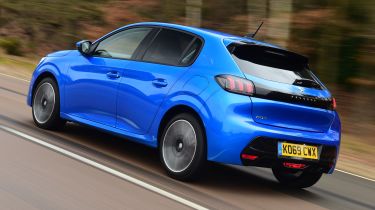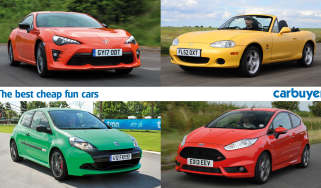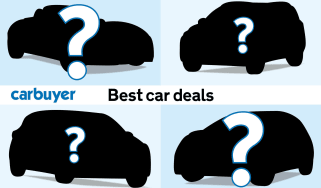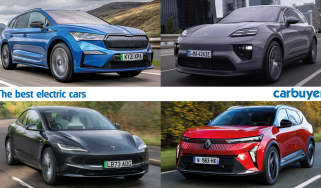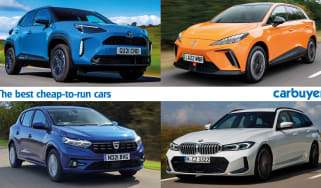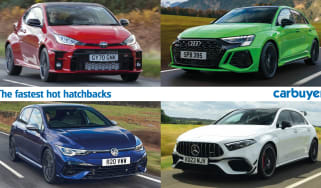Peugeot 208 hatchback - MPG, running costs & CO2
“Not only are its engines efficient, there’s a fully electric version too”
The Peugeot 208 is a very efficient supermini, with official consumption figures that beat equivalent versions of the Ford Fiesta by several miles per gallon. Unlike the Ford or Volkswagen Polo, a fully electric Peugeot e-208 version is also available, providing customers with the choice of zero tailpipe emissions.
Kicking off the petrol range, the 1.2-litre PureTech 75 manages up to 55.6mpg, with low CO2 emissions starting at 114g/km making it affordable for private and company-car drivers alike. The introduction of a turbocharger means the same engine can return up to 58.2mpg in PureTech 100 guise, with emissions from 109g/km. This blend of improved performance and efficiency will make it the sweet spot in the range for many buyers. It comes with a six-speed manual gearbox as standard, but fitting an eight-speed automatic only reduces fuel efficiency to 55.1mpg. The range-topping petrol option, the PureTech 130, gets this gearbox as standard and officially returns up to 54.8mpg and CO2 emissions from 116g/km.
From October 2023, Peugeot will offer a choice of mild-hybrid options: the Hybrid 100 and Hybrid 136 – both of which will be fitted with an automatic gearbox as standard. The maker says they’ll deliver greater torque at low revs, with the more powerful unit also capable of doing “more than 50%” of urban journeys on EV power alone.
More reviews
For now, though, customers are still offered a single diesel, although we understand this will be dropped when the facelifted car arrives. It won’t make sense for the majority but could appeal to long-distance drivers thanks to its claimed fuel efficiency figure of up to 73.6mpg – making it one of the most economical diesel cars on sale. Company-car drivers will benefit from a slightly lower Benefit in-Kind (BiK) bill than for the petrol engines, thanks to CO2 emissions from 101g/km depending on specification.
The Peugeot e-208 benefits from a low BiK rate for company-car drivers, and its EV powertrain also offers private customers big savings on running costs – even if it's more expensive to buy initially. Its 225-mile driving range should make it suitable for all but the highest-mileage drivers, and a new model with more range is due later in 2023. The battery pack can be charged to 80% in as little as 30 minutes using a 100kW public fast-charger, while a home wallbox takes around eight hours for a full charge. Using a domestic plug is possible but, with a charging time of more than 20 hours, it isn’t really practical.
Depreciation for the Peugeot 208 is fairly steep, with a mid-range petrol holding on to around 38% of its value after three years. The Renault Clio is likely to do slightly better, retaining more like 44% of its showroom value.
Every conventionally powered petrol and diesel version of the 208 costs the standard rate in VED (road tax), with the electric e-208 costing nothing thanks to its zero-emission status.
|
Model |
Fuel economy |
CO2 emissions |
|
208 1.2 PureTech 75 |
53.6mpg |
124g/km |
|
208 1.2 PureTech 100 |
53.0mpg |
124g/km |
|
208 1.2 PureTech 130 |
51.9mpg |
128g/km |
|
208 1.5 BlueHDi 100 |
71.4mpg |
109g/km |
|
e-208 |
n/a |
0g/km |
Insurance
The Peugeot 208 starts in group 12 for the 1.2-litre Active Premium model with 74bhp, climbing to group 19 for a 99bhp petrol in Allure Premium trim. A GT version with the top petrol engine is in a rather steep group 25. The Ford Fiesta sits in groups from five to around 15 out of 50 for the sportiest versions.

